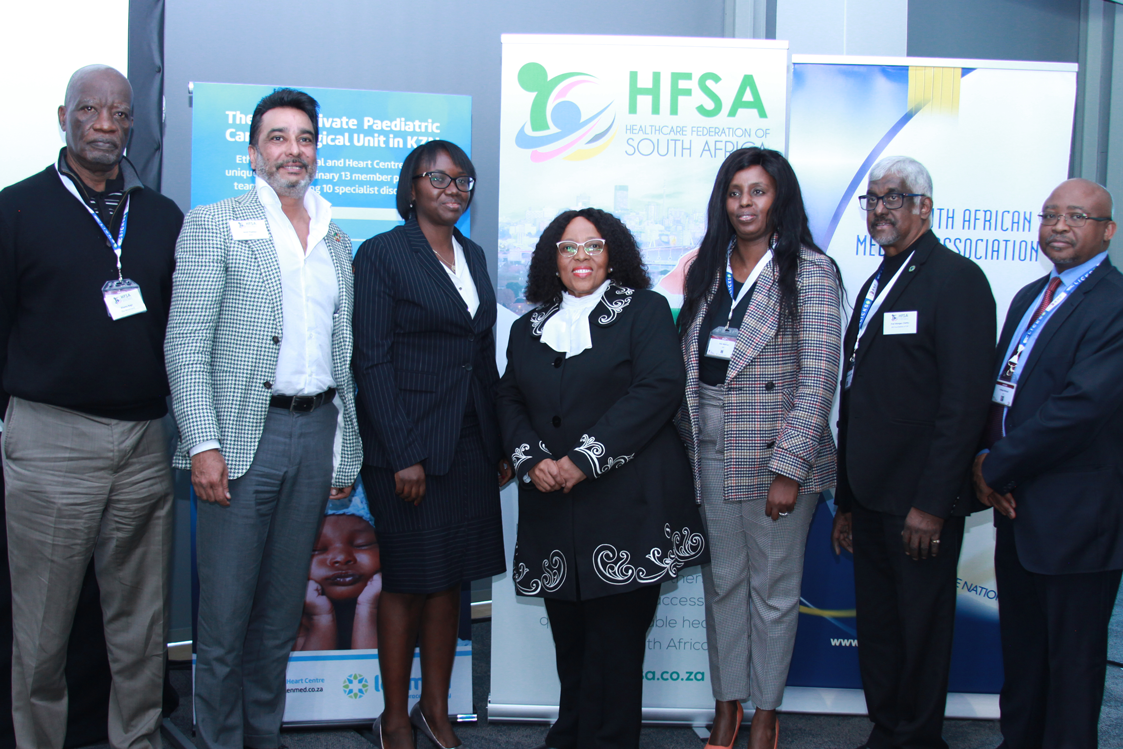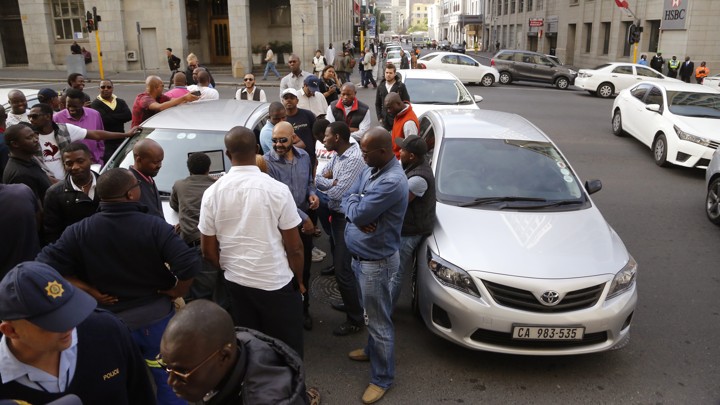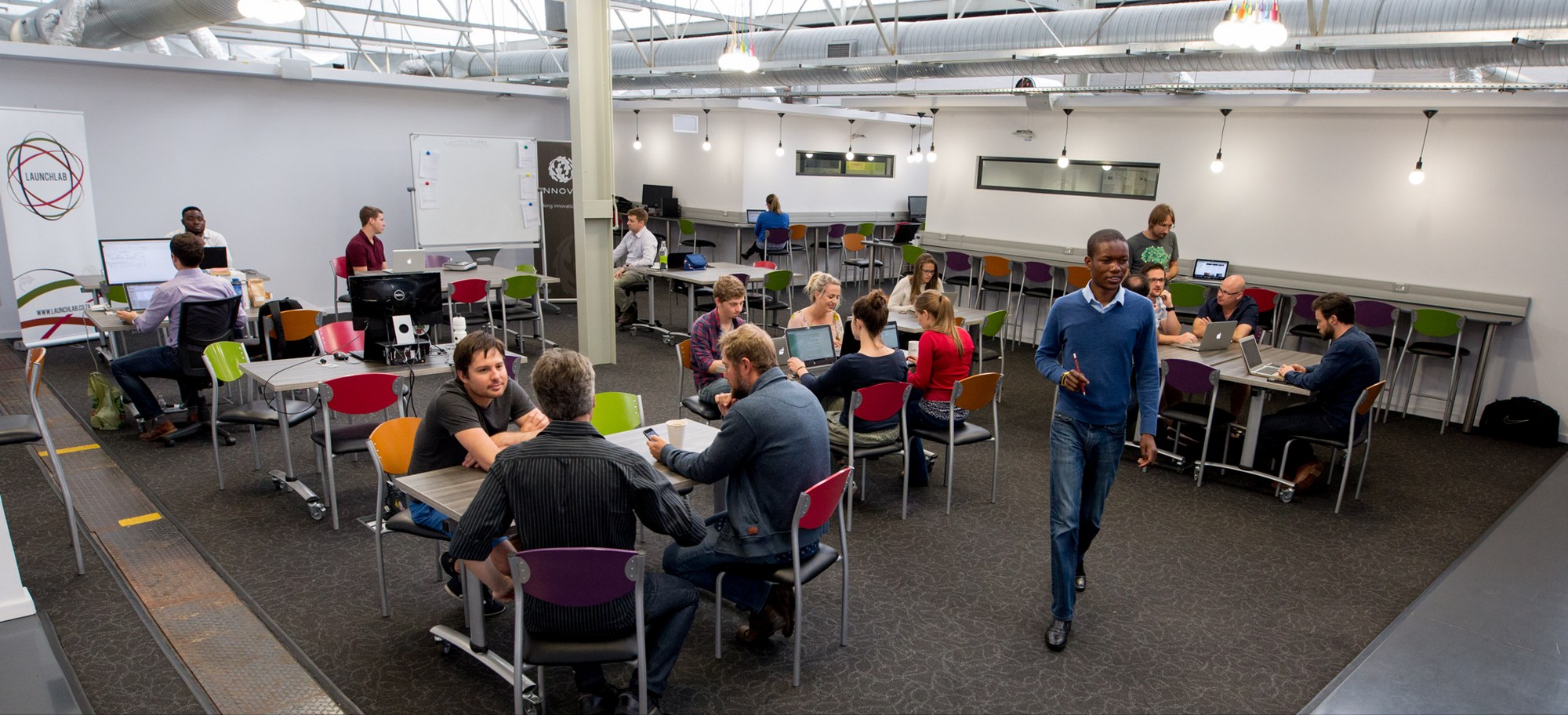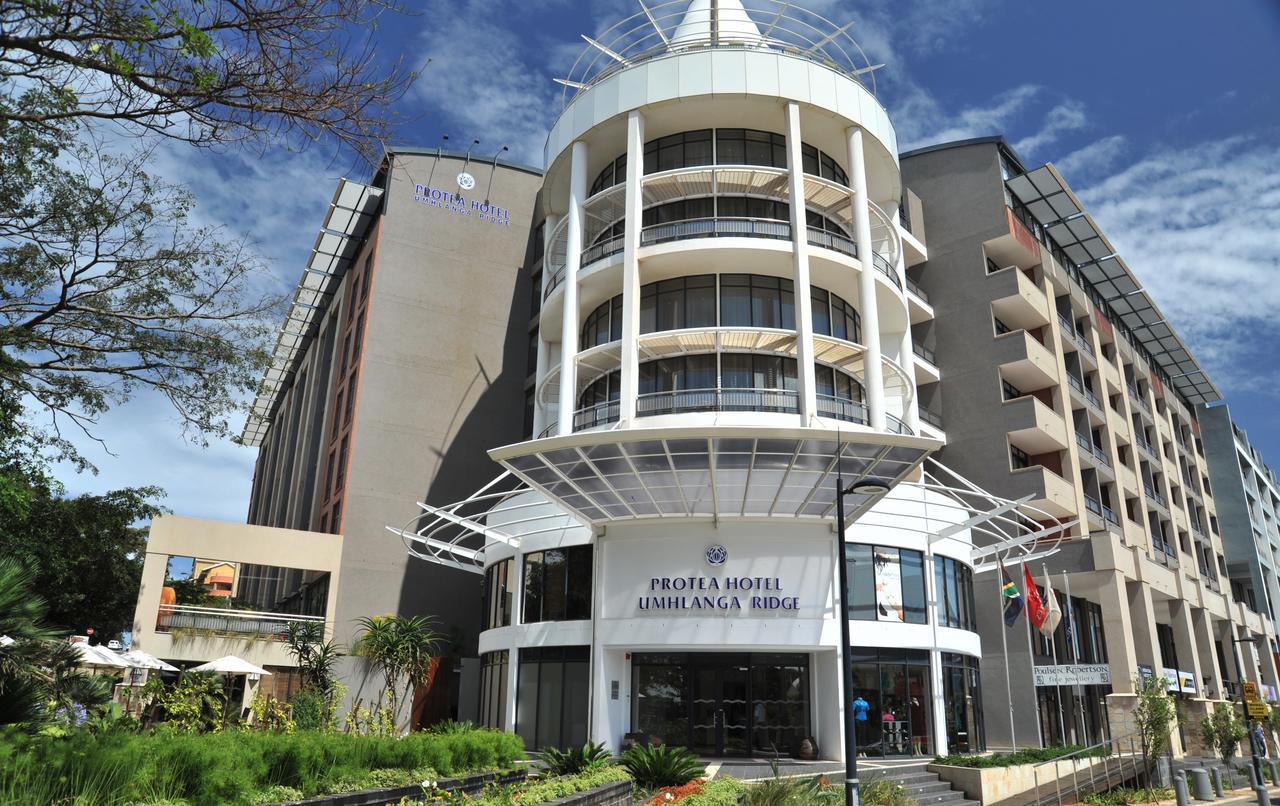Startups In South Africa Which Crowdfund Will Now Be Listed On Stock Exchanges
Indeed, this could be ground-breaking. No more waiting for years and centuries for startup IPOs to happen. With this new deal, once startups raise funds through equity crowdfunding in South Africa, the startups’ shares automatically become tradable on the floors of South Africa’s Stock Exchange. Money more here!

Here Is How Everything Is Going To Happen
- Today, Africa’s first equity crowdfunding, Uprise.Africa, and South African alternative exchange ZAR X have come to an agreement that will see the mini stock exchange list any up-and-coming entities, which have already successfully raised capital via crowdfunding, and freely trade their shares on the open market.
- Not only could the arrangement be the funding gap filler that fledgling South African entrepreneurs desperately seek, but it could bring the local capital market to the people.
- The partnership also solves the fundamental flaw of all other pre-IPO models, Nel says, namely that once a company has issued the shares they remain fairly illiquid, with investors having their funds tied up until that company looks at going public.
- Tabassum Qadir, co-founder, and CEO of Uprise.Africa says they plan to conclude at least three deals a month.
“We are simplifying venture capital through this mutually beneficial partnership for both entrepreneurs and investors,” says Qadir
“It means, when you have a business idea, you can leverage the Uprise.Africa platform to potentially raise capital quickly and ultimately list on a licensed stock exchange, making the shares tradable,” she says.

Etienne Nel, CEO of ZAR X, agrees that equity crowdfunding democratizes start-up financing by enabling entrepreneurs to raise additional capital, but also allows more people to invest in local businesses and in listed equity.
“Furthermore, it gives crowdfunding investors liquidity in their investments, which ultimately drives financial inclusion and job creation,’ he adds.
- He says it gives this new generation of investors the same opportunities as high-net individuals and institutional investors, who can afford the investment costs of larger stock exchanges.
- Not only are lower minimum investment amounts possible, but certain transaction fees and regulatory costs also don’t apply.
- For example, the alternative exchange community is not subject to the Financial Services Conduct Authority (FSCA) protection levy and doesn’t charge for the custody of funds.
“It is also no secret that the ‘incumbent’ is more focused on institutional money that the interests of retail investors,” Nel says.
Equity crowdfunding is gaining much popularity across the globe, and it doesn’t look like it will slow down soon.
The World Bank, for instance, estimates that the global equity crowdfunding sector will be worth more than $93-billion by 2020.
Upraise.Africa is also putting the funding model on the map. It made headlines recently by facilitating a R34-million capital raising exercise for Intergreatme — a business that describes itself as a “platform that provides users with a secure, simple and effective way to share personal information with anyone”.
Qadir says the platform enables the trust to be built between investors and entrepreneurs and in doing so creates a supportive business ecosystem.
“And now crowdfunding investors can trade their holdings on the ZAR X platform,” she says.
“We have cracked the code. We have now derisked the proposal. We give investors the option to exit by allowing them to sell their shares at will. Usually, and in the current format, investors are tied up in an equity crowdfunding investment for between 6–8 years.
“We also aim to disrupt the country’s traditional funding landscape,” she adds, “which is rather limited and restrictive at that.”
As the IPO model certainly remains very viable for certain businesses of size wishing to launch into the public markets, it is not for everyone.

Business Maverick had reported recently that it is a capital-raising method on the decline, and Nel says that they “are simply seeing more opportunities for investors and founders looking for methods that better fit their needs than what the traditional incumbents are offering”.
“The compliance costs of being listed on the bigger boards are devastating, and private money and smaller enterprises just find some of the disclosure requirements too cumbersome and restrictive,” he adds.
The Financial Sector Conduct Authority,(FSCA), (the South African market conduct regulator of financial institutions that provide financial products and financial services, financial institutions that are licensed in terms of a financial sector law, including banks, insurers, retirement funds and administrators, and market infrastructures) is still in the process of finalising regulations pertaining to crowdfunding, after releasing its draft proposals in mid-2017. The lack of regulation has been cited by some in the sector as the reason why equity crowdfunding has not taken off in South Africa as it has in more advanced economies.
But ZAR X and Uprise.Africa thinks their deal could be the catalyst needed to kick-start it all.
The World Bank believes the potential market for crowdfunding is significant.
It estimates in its report: Crowdfunding’s Potential for the Developing World that there are up to 344 million households in the developing world able to make small crowdfund investments in community businesses.
“These households have an income of at least $10,000 a year, and at least three months of savings or three months savings in equity holdings. Together, they have the ability to deploy up to $96-billion a year by 2025 in crowdfunding investments,’’ the report noted.
South Africa’s ZAR X Is Not As Small As You Think
ZAR X, one of South Africa’s newest stock exchanges, was granted an operational license in 2016 to operate by the Financial Services Board (FSB). ZAR X commenced operations on Monday, 5 September 2016.
Etienne Nel, ZAR X CEO, says the approval signifies a new era in tech-friendly and user-focused share trading. He said:
“ZAR X creates choice and offers corporate South Africa and the public at large a new opportunity to reduce unnecessary red tape, speed up transaction times and open up equity-based wealth creation to sectors of the South African population that for far too long have been largely excluded from full participation in the financial markets.”
ZAR X listings requirements are largely principles-based, enabling the process of a more flexible and efficient listing. ZAR X will initially offer a primary board for conventional company listings, an investment entities board that will cater for structured products and exchange-traded funds, and a ‘restricted market’ for BBBEE shares, Agri shares and other restricted securities which can only be traded within a clearly defined investor base.
Senwes and Senwesbel were the first companies to list on the Exchange commencing trading on Monday, 3 October 2016.
Charles Rapulu Udoh

Charles Rapulu Udoh is a Lagos-based Lawyer with special focus on Business Law, Intellectual Property Rights, Entertainment and Technology Law. He is also an award-winning writer. Working for notable organizations so far has exposed him to some of industry best practices in business, finance strategies, law, dispute resolution, and data analytics both in Nigeria and across the world.


































